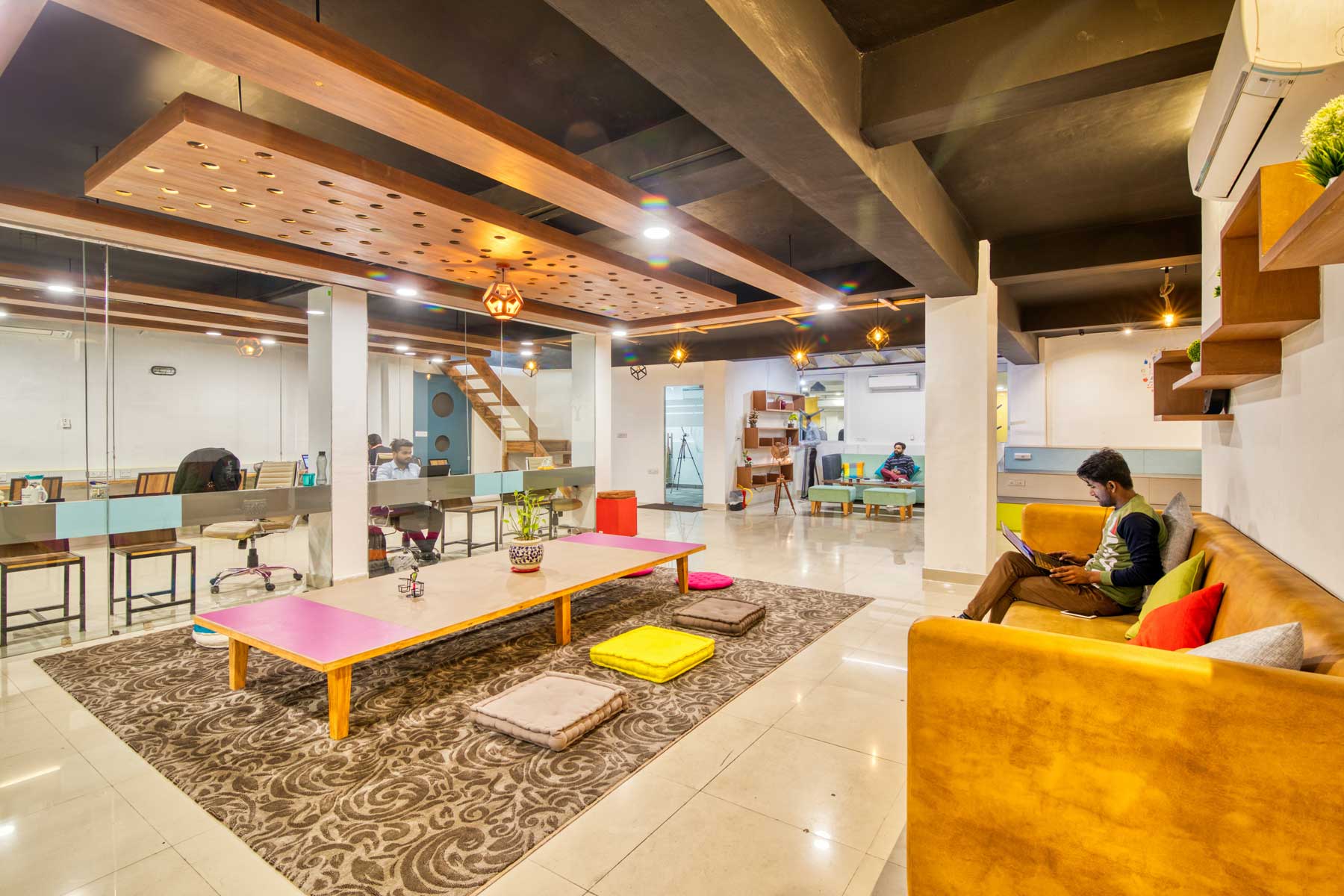How to Run a Coworking Space Efficiently

Coworking spaces are popular with freelancers and employees alike, and the rise in hybrid work means they'll become even more important in the future. In 2022, over 900,000 people worked from more than 6,200 coworking spaces in the US alone. If you’re exploring the possibility of monetizing a rising trend while serving the community, setting up a coworking space can be a smart move. However, running a coworking space efficiently requires getting several things right.
Why Are Coworking Spaces Becoming More Popular?
1. Hybrid Work
Businesses have evolved significantly in recent years. The pandemic encouraged business leaders to explore alternative methods of operation. The resulting hybrid work models delivered convenience, cost savings, and productivity gains for businesses all over the world. As a result, almost three-quarters of American companies have either adopted a hybrid work model or are actively planning to do so in the near future. However, some employees still require a place away from home to get work done. Coworking spaces have been an extremely popular alternative to the office and the home office for hybrid and contract workers.
2. The Rise in Freelancers and the Gig Economy
While businesses were forced to evolve during the pandemic, there were already signs of change. As younger workers entered the workforce, more of them displayed a desire to engage with the gig economy and work as freelancers. In 2021, freelance workers from Generation Z formed approximately half of the entire freelance workforce while baby boomers only accounted for approximately a quarter of it. These new entrants to the workforce are driving change and coworking spaces seem to meet their unique needs significantly better than a traditional workplace could.
What Challenges Do Coworking Spaces Face?
1. Desk Spaces
A desk is something most workers need to be productive and they’re one of the first considerations for any coworking space. Business leaders must ask questions such as how many members will be allowed into the space at any given time, how many of these members will require desks, and how these desks will be arranged. Fluctuating demand and health and safety protocols can make it difficult to pinpoint exactly how many tables will be needed at any given time.
2. Visitor Admission
Despite the relatively solitary nature of freelance and gig work, members are sometimes required to hold in-person meetings or invite guests for presentations at the coworking space. This means the coworking space needs to have a system to manage each of these visitors effectively while maintaining high levels of security for everyone else. This also extends to the management of single-day guests or trial guests.
3. Managing Deliveries
Freelancers can sometimes choose a coworking space over the comfort of their homes for the additional services that a communal space can provide. The coworking space is expected to handle mail and packages that arrive within business hours. These deliveries must be stored securely and delivered to the right person promptly.
4. Meeting Various People’s Needs
Each individual who works in a coworking space has unique needs and preferences. Some members might need the solitude and quiet that a private room can provide while others work best around the hustle and bustle of an open workspace. A successful coworking space is able to balance the needs of all its members effectively and provide members with the flexibility to choose the type of desk or room that fits their needs best on any given day or hour.
How to Effectively Run a Coworking Space
1. Make Sure You Have Enough Desks
It’s difficult to accurately gauge hourly or daily demand across seasons or periods of fluctuation. However, coworking spaces must be prepared. This is why businesses should always overbook and make sure they have additional desks that can be brought out during periods of high demand. It can also be prudent to communicate crowd levels to members when availability is low to avoid disappointing guests when they arrive. Allowing guests to book their own spaces can help eliminate inconvenience and confusion.
2. Invest in Visitor Management Software
Between regular members, single-day guests, trial members, and visitors, coworking spaces must deal with a wide variety of visitors. An effective visitor management system can help coworking spaces provide safe and efficient services for these visitors. It can give managers a clear idea of crowd levels, expected visitorship, and sales opportunities from a single place. Pre-registering guests can also help coworking spaces make full use of low-demand days to invite potential members to try the space out at a discounted rate for the day.
3. Use a space and resource booking software
Whether you have a hot desking system, or you have additional equipment like monitors and keyboards for residents to use, keeping track of all your resources is crucial for managing operations in your co-working space. SwipedOn's space management software allows you to make almost anything in your co-working space bookable. It provides valuable insight which informs planning for future operations. Perhaps some desks are more popular than others because of certain features they offer or their location? Or perhaps you need more desks or monitors? The data will tell the story and help you optimize operations (and therefore your bottom line).
4. Outsource as Much to Technology as Possible
Employees at coworking spaces must be empowered to engage with customers whenever possible. Guests can have questions about facilities, security codes, and so much more. However, if employees are bogged down by tedious administrative tasks, they are unlikely to put much effort into customer service and engagement. As far as possible, repetitive and time-consuming tasks should be automated or offloaded to a digital system to increase efficiency.
Coworking spaces can be perfect for freelancers, gig workers, and hybrid workers. The rising popularity of such spaces has led to rising business interest in setting up coworking spaces. Business leaders who wish to offer coworking premises must manage each resource effectively while ensuring that each member working there feels comfortable and taken care of.
Feature Photo by TheStandingDesk on Unsplash








 Germany - Deutsch
Germany - Deutsch